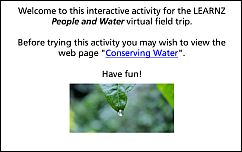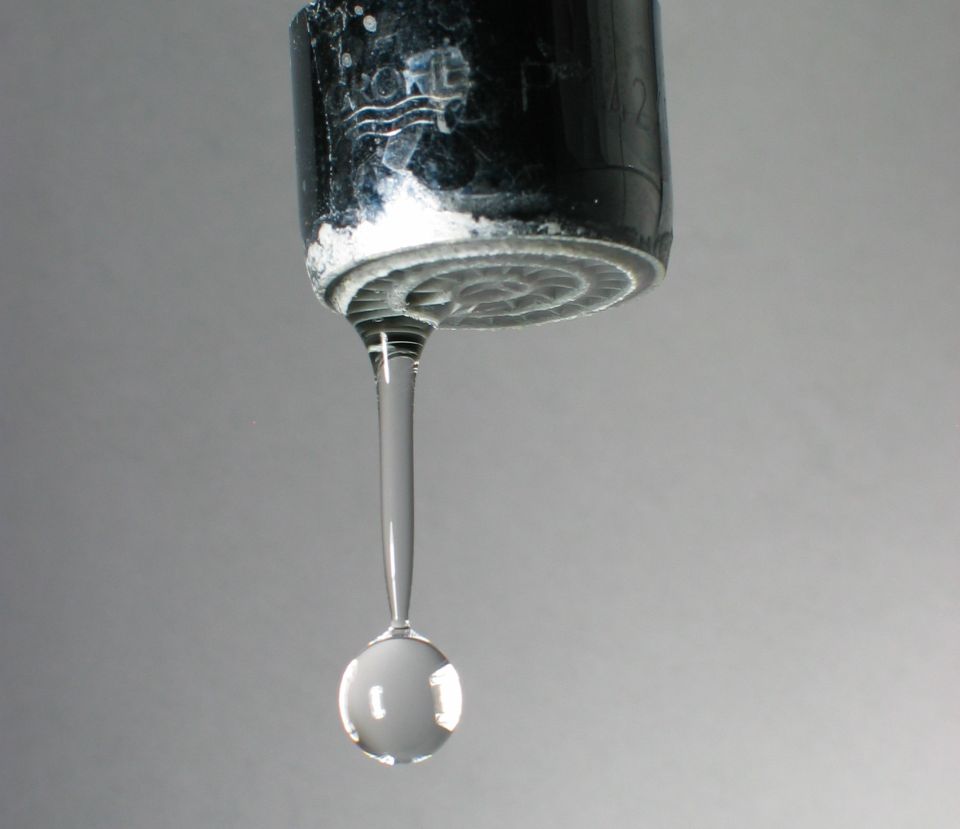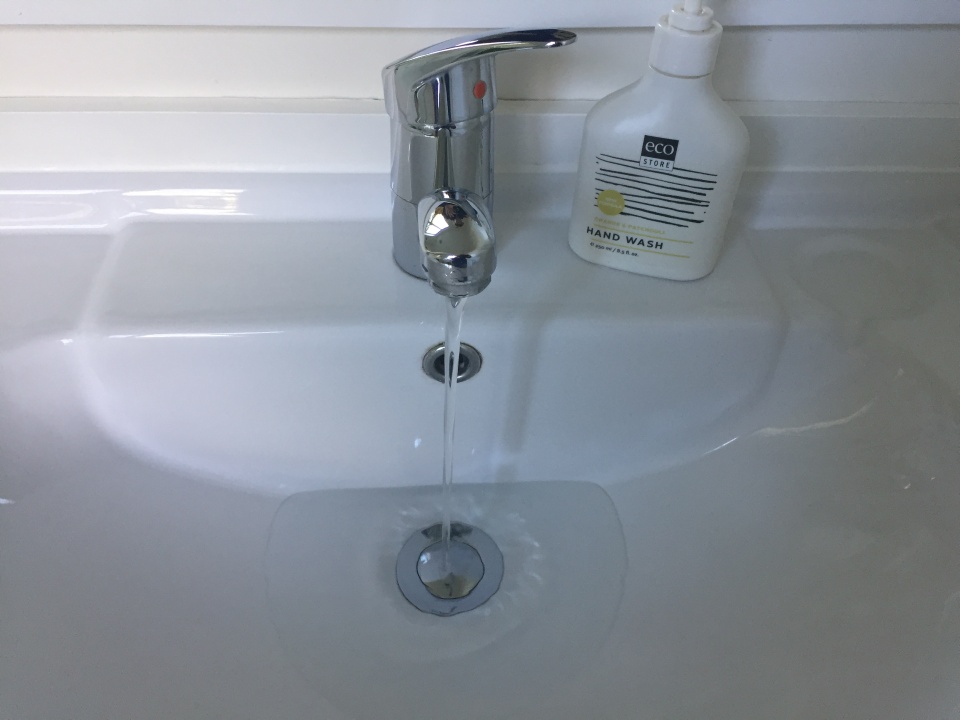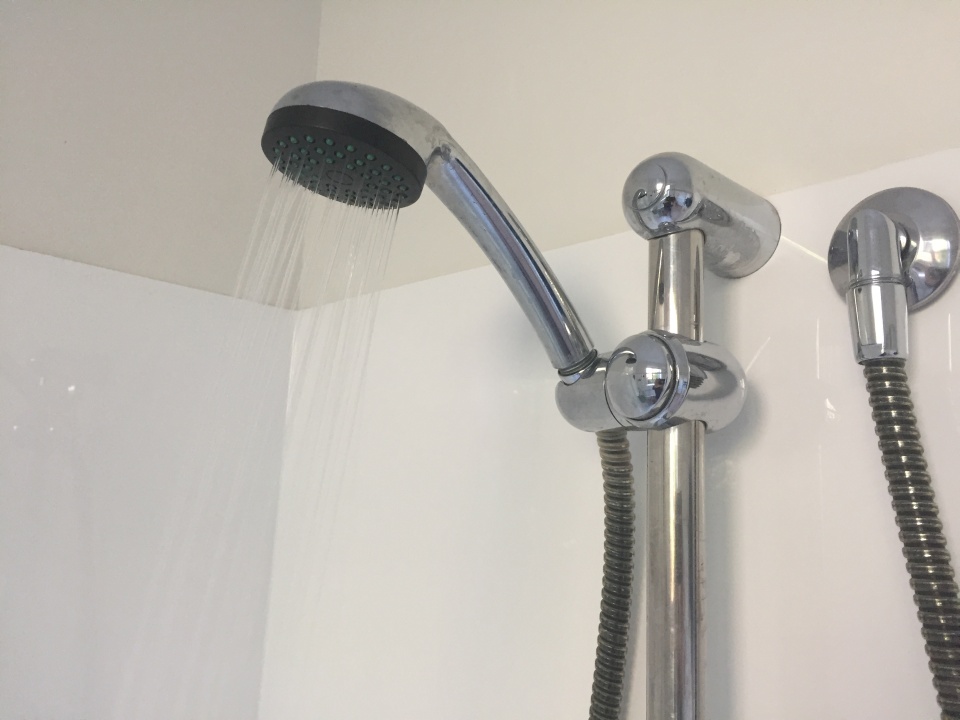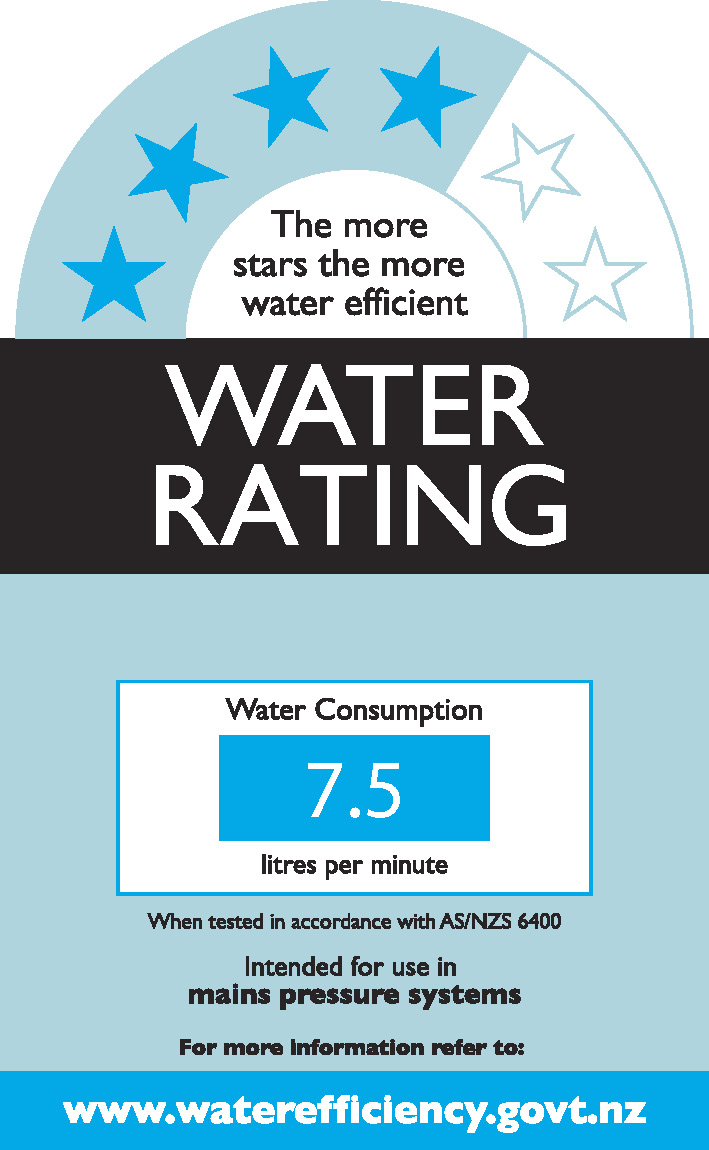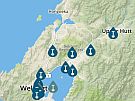Every time we turn on the tap we are using water that had to be treated to make it safe to drink. Once we have used this water it will have to be treated to make it safe to return to the environment. This water treatment uses resources and costs money. We can all help reduce our impact on the environment by using less water.
The easiest way to save water is to think about how you use it.
Turn off the tap
By turning off the tap when you are brushing your teeth you can save thousands of litres of water a year. When you do have the tap running, turn it on part-way. You'll get plenty of water for washing your hands or brushing your teeth - and you won't get splashed.
Fix leaks
Fix leaking taps and pipes promptly. Leaks waste far more water than you'd think.
If you have a tap that drips at 50ml per minute (an egg cup full), you'll be losing 72 litres of water a day.
Reduce water flow
Water flow is the rate water comes out of your taps and showerheads. You don't need your showerhead to deliver more than nine litres of water a minute, or your taps six litres a minute, yet some use three times that much. Switch to water-efficient taps and showerheads.
Save water in your kitchen and laundry
Nearly a third of household water is used in the kitchen and laundry and much of this water is wasted. Simple actions and careful choice of appliances can reduce your water use in these areas.
Use the plug
If you are rinsing clothes or dishes, put in the plug and part-fill the sink instead of running water throughout.
Fill a jug
Keep a water jug in the fridge in summer so you don't have to run the tap for ages to get your water cold enough for a drink. If your water is chlorinated, it also reduces the chlorine flavour.
Scrape dishes or use the dishwasher's eco rinse
Rinsing plates in the sink can waste many litres of water and is often not needed. It is usually enough just to scrape plates before putting them in the dishwasher.
Choose the right appliances
Choose appliances that are the right size for your household, so you can run them only when they're full. And choose models that use less water and energy.
Don't run appliances half-empty
Fully load your dishwasher and washing machine before running them. Often the 'half-load' setting tends to use much more than half the water and energy of a full load. Choose eco-settings to save water and energy.
Compost your food scraps 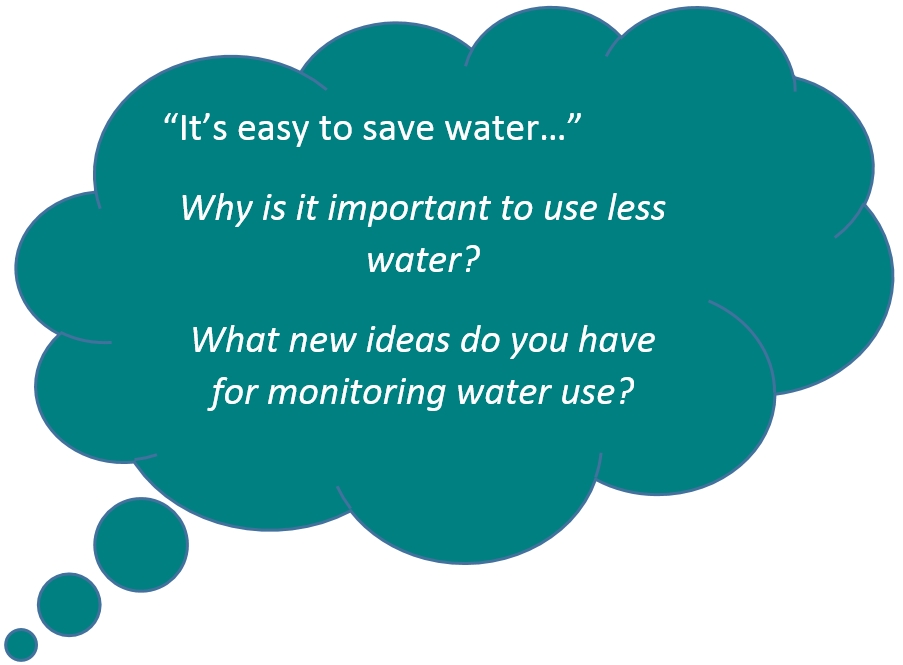
In-sink waste disposal units waste a lot of water. They can also overload sewage systems. A better option is to compost your food waste - that way, you can also feed your garden.
Save water in your bathroom and toilet
Together, the bathroom and toilet account for half of the water used by most households. The toilet alone flushes 25% of household water down the drain. Dual flush toilets save water.
Take showers not baths
Showers use less water than baths depending on how long you stay in the shower. To save water and save on hot water bills: Take showers instead of baths and keep your showers short. Turn the shower on only when you're ready to get in.
Small changes in how we use water can save a huge amount of water over time.

